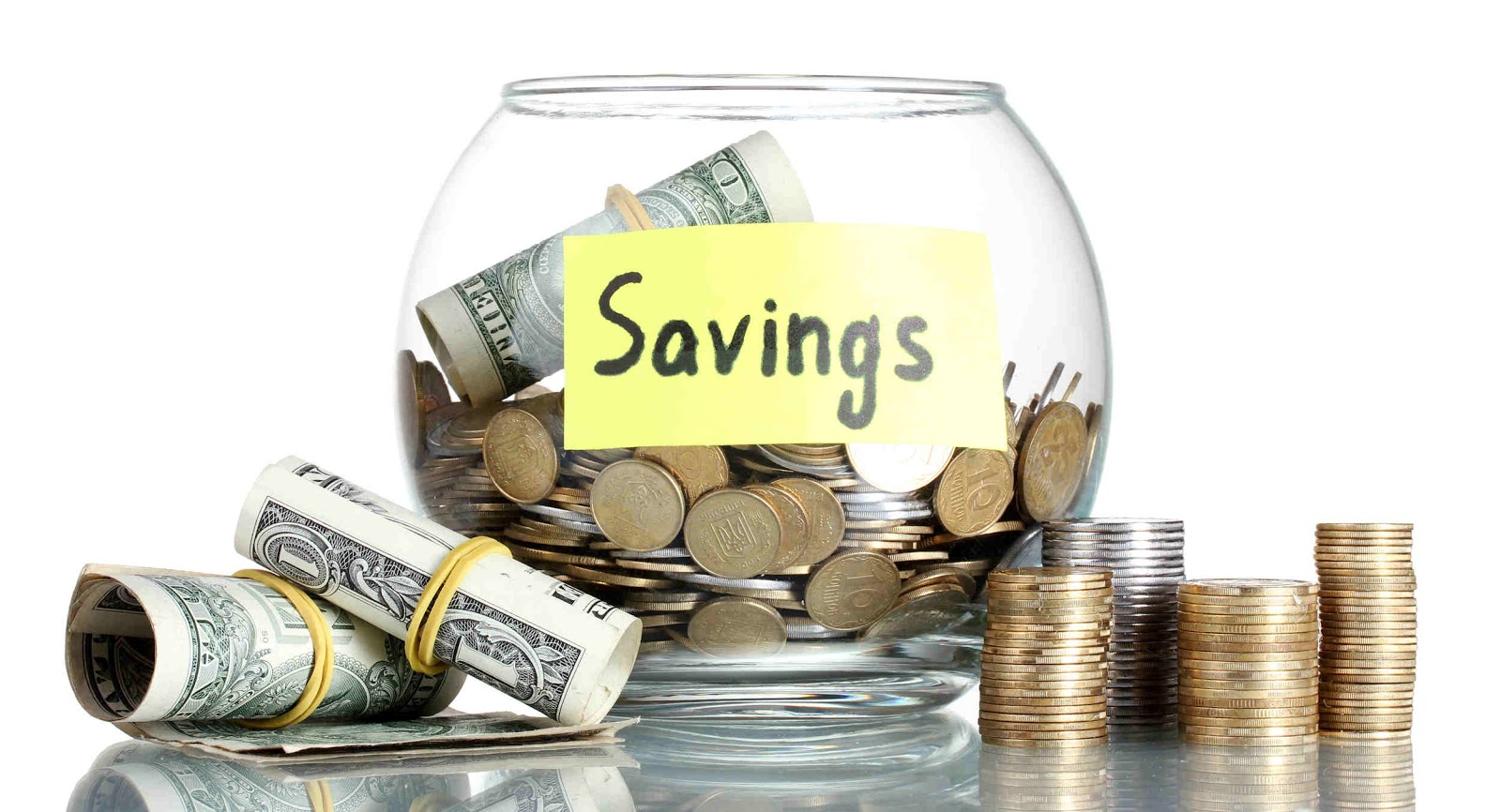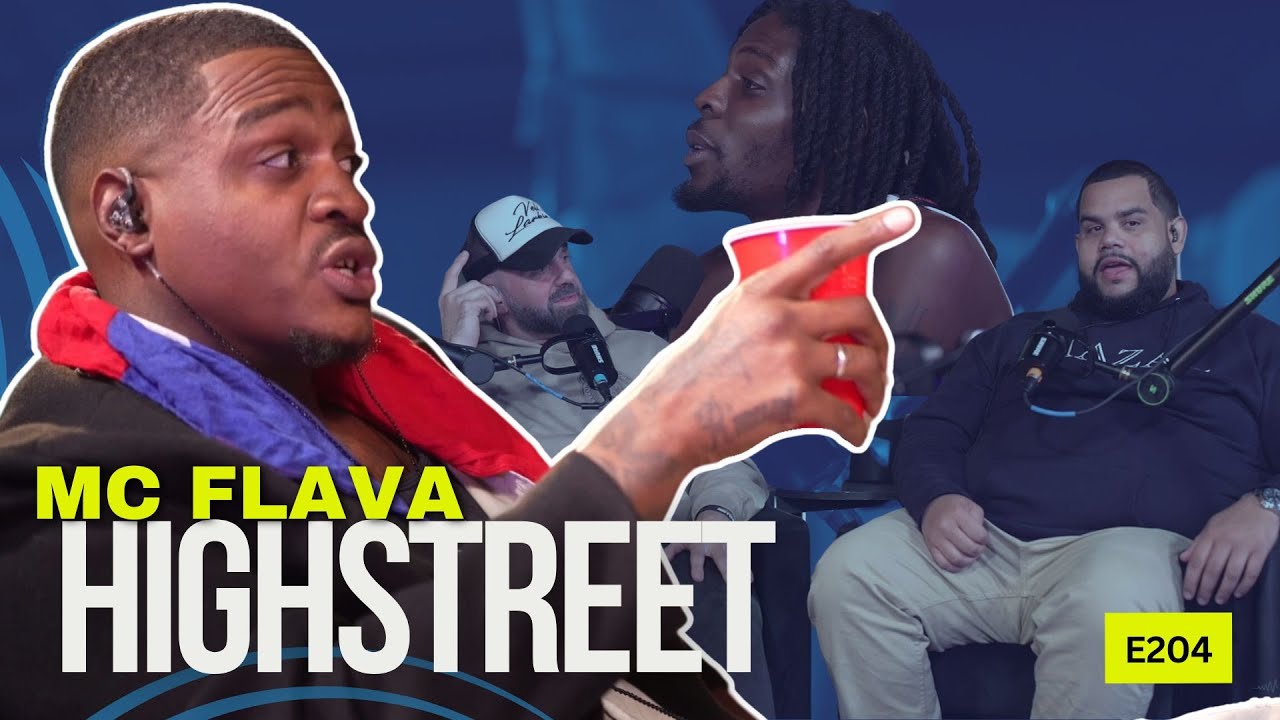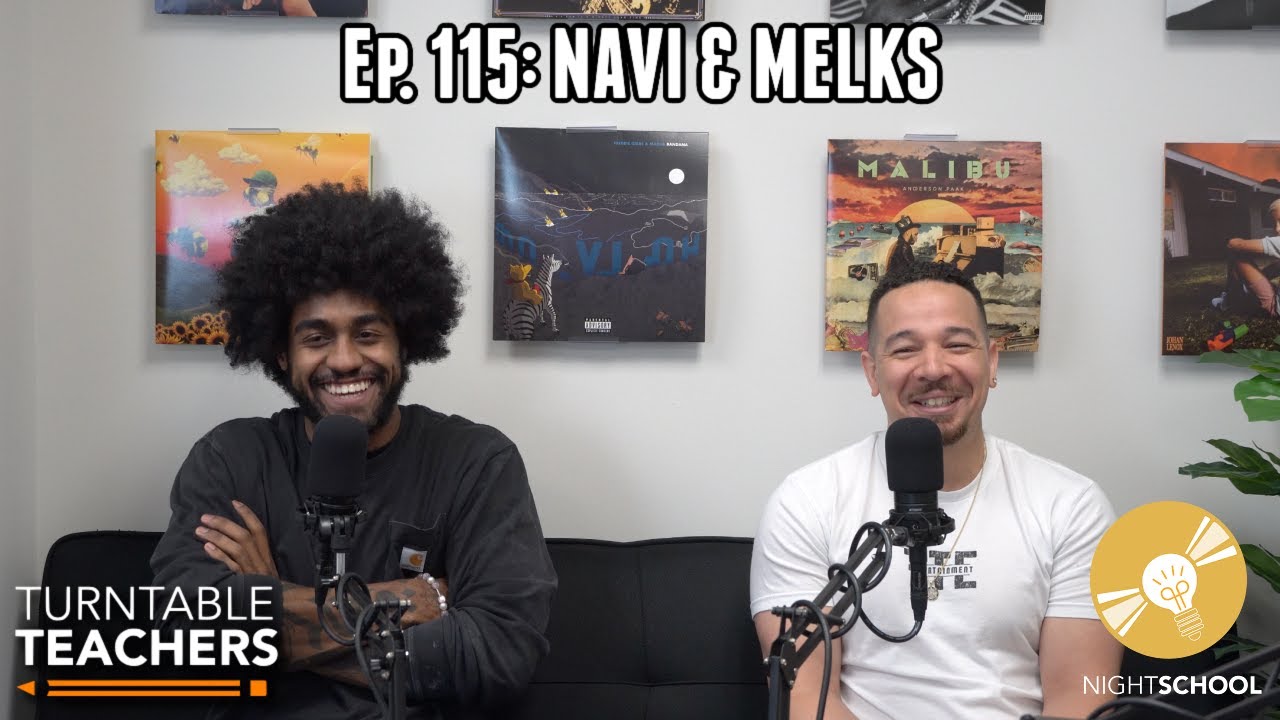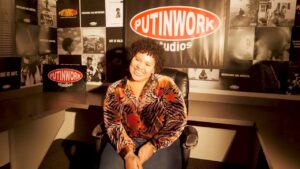Handling finances without a bank account is possible but can be challenging, especially given the effects of the COVID-19 pandemic. Without direct deposit, your economic impact payment may have been delayed, arriving as a check or prepaid debit card. Additionally, recent coin shortages and concerns about germ transmission mean more stores are requesting payment by card or exact change.
A bank account can simplify these situations and more. To avoid future issues, consider opening a bank account or try again if past attempts didn’t work. Here’s a guide to get started.
Assess Your Money Needs
For the 14 million adults in the U.S. without a bank account, alternative financial tools such as prepaid debit cards and check cashing services may be useful. Financial counselor Brandy Baxter explains that some people prefer using check cashing services for easy access to cash. Many of these stores, like Check ’n Go and ACE Cash Express, have extended hours and simple approval processes, though they often charge high fees (typically 1% to 6% of the check amount).
In contrast, bank accounts offer benefits like fraud protection and features to lock your card remotely if it’s stolen. Building a relationship with a bank can also open doors to credit cards, auto loans, and small business loans, options that are often less costly than payday loans. “Checking accounts…are the stepping stones to use other financial products,” says David Rothstein of the Cities for Financial Empowerment Fund.
Find A Bank That Fits You
If banks feel intimidating or you’ve faced difficulties opening an account, community banks and credit unions can be more welcoming and mission-driven, with a focus on supporting their communities. “We’re very lenient at giving someone a second chance,” says Pedro Murillo of Self-Help Federal Credit Union in the San Francisco Bay Area. For credit unions like Self-Help, a small deposit to open a savings account is typically required to become a member. Once you’re a member, other products, like credit builder loans, become accessible.
Searching online for “CDFI” (community development financial institution) can help you locate local credit unions, though some require members to live in the same region where branches are located.
What To Know About Applying
To open a bank account, you generally need your Social Security number, one or two forms of ID, and funds for the initial deposit. It’s common to apply for a checking account (for a debit card and bill pay) and a savings account (to set money aside and earn interest).
Most banks use ChexSystems to screen applicants, a national agency that tracks records of closed accounts. If a past account closure is recorded in ChexSystems, you may need to resolve it by paying off any outstanding debt or disputing inaccuracies before being approved for a new account.
Once eligible, consider opening a second-chance checking account or a BankOn-approved account, which typically doesn’t charge overdraft fees. Finding and opening the right account may take some effort, but having a secure place to manage your money and access affordable loans can make the effort worthwhile.
“To have a checking account…is the cornerstone of any financial empowerment effort,” says Rothstein.














